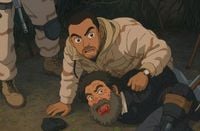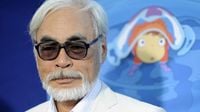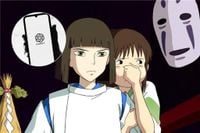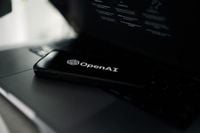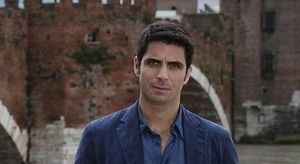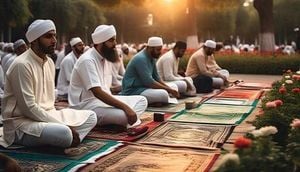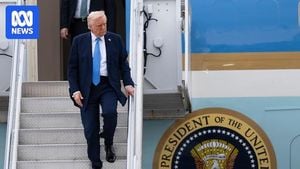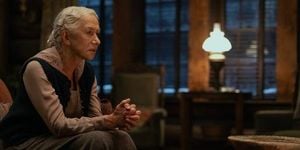In a surprising twist of events, OpenAI's new image generation tool, GPT-4o, has taken the internet by storm, allowing users to create stunning images in the iconic style of Studio Ghibli. However, this innovation has sparked a fierce debate over copyright concerns and the ethics of artificial intelligence in the creative arts.
The Studio Ghibli-inspired images, which have flooded social media since the tool's release on March 26, 2025, showcase users transforming personal photos and popular memes into whimsical, anime-style visuals reminiscent of the beloved animation studio's work. Founded in 1985 by renowned directors Hayao Miyazaki and Isao Takahata, Studio Ghibli is celebrated for its hand-drawn animation and enchanting storytelling, producing classics like "Spirited Away" and "My Neighbor Totoro."
One user, Janu Lingeswaran, shared his experience of uploading a photo of his 3-year-old cat, Mali, to the new tool. "I really fell in love with the result," he said, excited about the idea of printing the Ghibli-style image to hang on his wall. This sentiment echoes the joy many users have found in the feature, as it taps into a nostalgic appreciation for Ghibli's rich artistic legacy.
However, the excitement surrounding this new capability has been met with significant backlash, particularly from artists and advocates concerned about copyright infringement. The tool's ability to generate art that closely mimics the distinctive style of Studio Ghibli raises serious questions about the legality and morality of using AI to replicate the work of living artists without their consent.
Hayao Miyazaki himself has been a vocal opponent of AI in the arts. In a 2016 demonstration, he expressed his disgust at the technology, stating, "I would never wish to incorporate this technology into my work at all. I strongly feel that this is an insult to life itself." His sentiments have resurfaced in light of the recent trend, further fueling the debate on the implications of AI-generated art.
OpenAI has acknowledged the controversy, stating in a technical paper released on March 25, 2025, that they have added a refusal trigger to prevent the generation of images in the style of living artists. However, the company also noted that it permits broader studio styles, which has led to confusion and frustration among artists like Karla Ortiz. Ortiz, who is currently suing other AI image generators for copyright infringement, criticized OpenAI's actions as "another clear example of how companies like OpenAI just do not care about the work of artists and the livelihoods of artists." She called it an "insult" and "exploitation" of Ghibli's legacy.
The backlash intensified when the White House's official X account posted a Ghibli-style image of a woman recently arrested by U.S. immigration agents, drawing further attention to the ethical implications of using AI-generated art in politically charged contexts.
As the images continued to circulate, OpenAI CEO Sam Altman announced on March 27, 2025, that the rollout of the free-tier version of the image generation tool would be delayed. This decision came after the internet was inundated with various Ghibli-style interpretations, including some highly controversial reimaginings of historical events like 9/11 and the Kennedy assassination.
In defense of the tool, OpenAI stated, "We added a refusal which triggers when a user attempts to generate an image in the style of a living artist," yet the company still allowed for broader studio styles to be generated. This inconsistency has prompted legal experts like Josh Weigensberg to question whether OpenAI has the necessary licenses to train its models on the works of Miyazaki and Studio Ghibli. He noted that if the AI model was trained without permission, it could lead to significant legal challenges.
Despite the controversy, the trend of generating Ghibli-style images has sparked a new wave of creativity among users. Many have taken to social media to share their Ghibli-inspired creations, including portraits of friends, pets, and even fictional characters from popular culture. The phenomenon has highlighted the intersection of technology and art, showcasing how AI tools can democratize artistic expression while simultaneously threatening the livelihoods of traditional artists.
As the debate continues, the art community is left grappling with the implications of AI-generated content. While some view it as a fun and innovative way to engage with beloved styles, others see it as a significant threat to the integrity of artistic creation. The future of art in the age of AI remains uncertain, with many calling for clearer guidelines and protections for artists.
In conclusion, the emergence of AI-generated Ghibli-style images represents a pivotal moment in the ongoing conversation about the role of technology in the creative arts. As users embrace the capabilities of tools like GPT-4o, the need for ethical considerations and respect for original creators becomes ever more critical.

